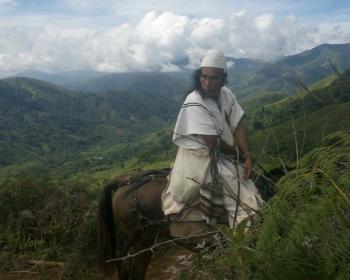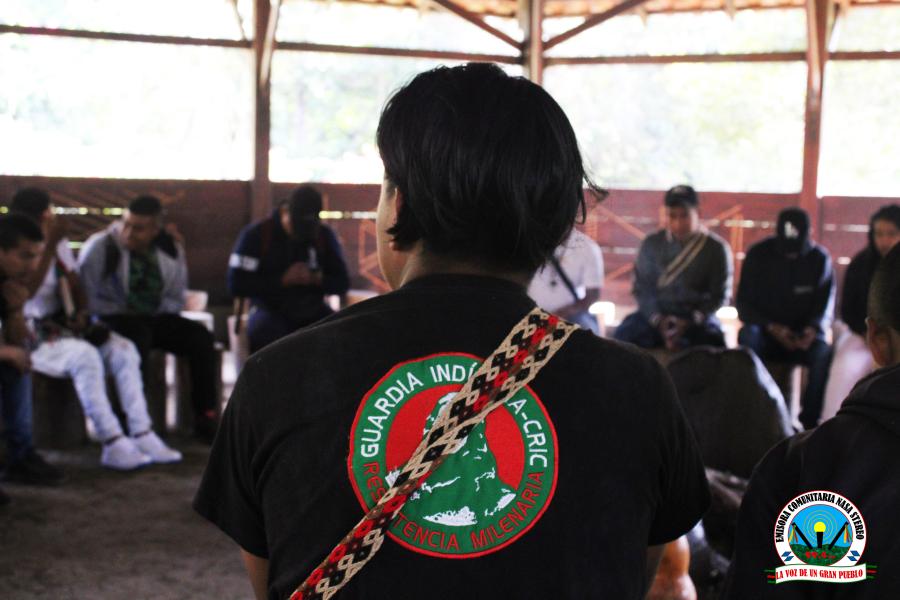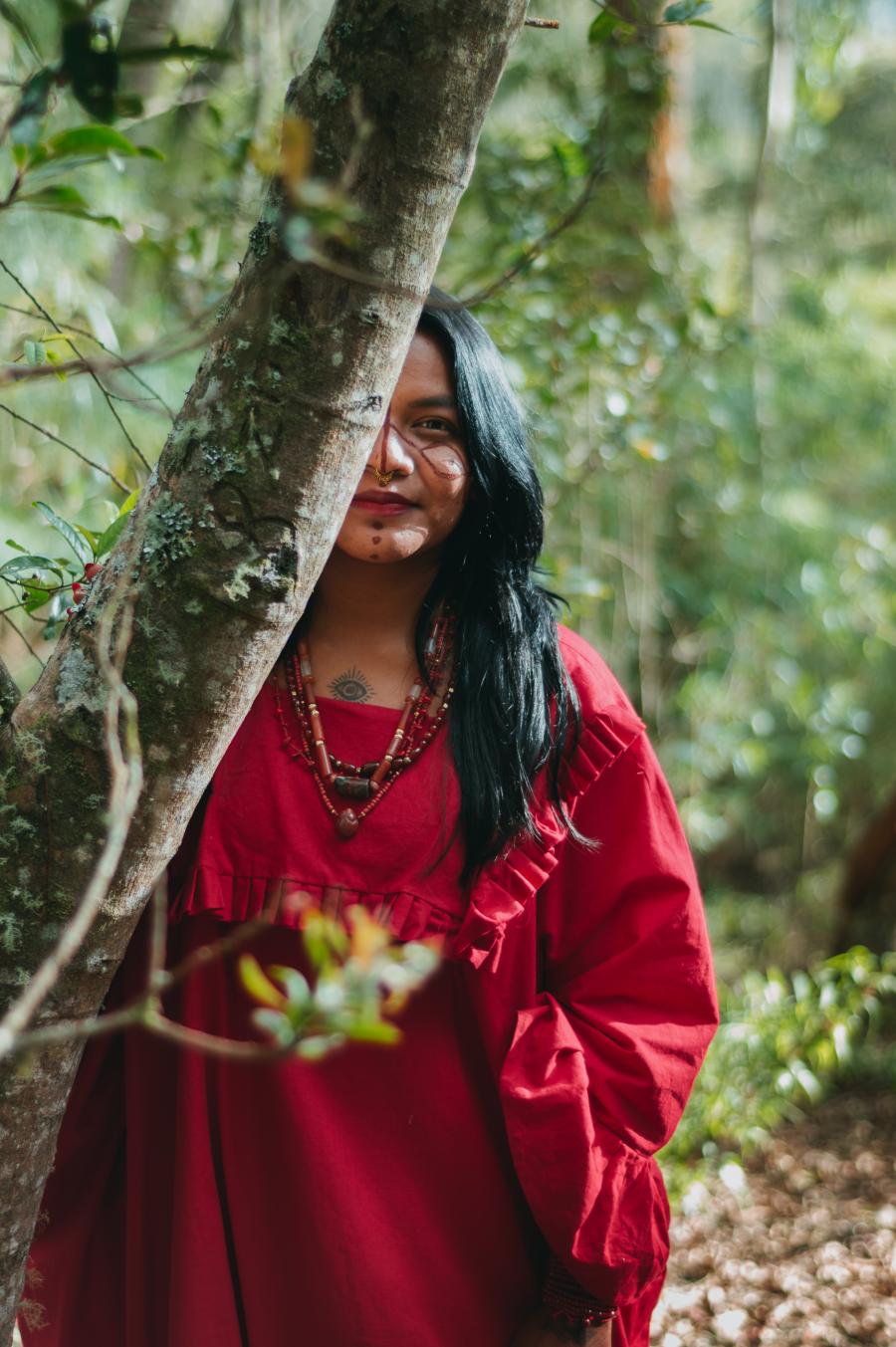
By Alex Glomset
On November 10, 2014 a Colombian Indigenous Court successfully convicted and sentenced seven members of the Revolutionary Armed Forces of Colombia (FARC) for their roles in the killings two Nasa Tribe Leaders in Western Colombia. Under national legislation, conflicts within Indigenous territory are tried before an Indigenous Court instead of the State courts of Colombia. This system works well for personal and territory based conflicts or crimes, due to the plethora of cases that has shaped the customary law, which applies to these situations. However, using customary law to prosecute perpetrators of violent crimes fairly can often be a difficult task.
Indigenous or Tribal Juridical Systems are often very interesting to look at it because they very nearly always include an aspect of reconciliation or components that allow full village or community involvement. This works as both an advantage and disadvantage because it allows participation for those who may not otherwise be able to contribute to a legal process, but it can also lead to a certain level of bias. For example, in the aftermath of the Rwandan Genocide, the Gacaca, a community based alternative judicial system, allowed for both community participation and reconciliation. It allowed for those perpetrators of crimes to come forth and admit to their involvements in the genocide and show remorse for their actions. In return, time was often taken off of their sentence if they showed true remorse or regret.
However, in this particular situation, the involvement of the community, which was already biased due to the acts of violence targeted at them personally, may have prevented true justice from occurring. Though the perpetrators of these crimes definitely deserved their prison sentencing, the leader having received 60 years in prison, and the others receiving 40, the use of corporal punishment in addition to the lengthy prison terms is unnecessary. Not to mention that two of the accused perpetrators that were sentenced to lashes were under the age of 18.
Both the Third and Fourth Geneva Conventions under International Humanitarian and Human Rights Law outlaw corporal punishment, and the use of it due to customary law should be discouraged. It may seem overly optimistic to believe that all juridical systems should outlaw corporal punishment, but there cannot be universal justice if there are not components that are universally agreed upon. It is also not right to state that punishments through customary law by Indigenous or tribal groups are incorrect because they differ from those of Western nations. However, there should be a substantial effort for juridical systems that sentence perpetrators of violence with acts of violence to cease.
It is truly a benefit for Indigenous communities to have functioning Juridical Systems, and they should remain in charge of how those are structured. However, without the congruence of certain norms and aspects of all juridical systems, the international legal community cannot grow stronger in unison.



